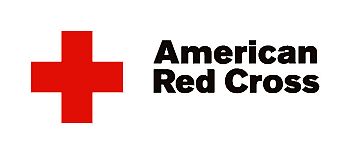 09/11/13 The American Red Cross is urging blood donations during September to help support the initiatives of Childhood Cancer Awareness Month and National Sickle Cell Disease Awareness Month.
09/11/13 The American Red Cross is urging blood donations during September to help support the initiatives of Childhood Cancer Awareness Month and National Sickle Cell Disease Awareness Month.
“Our blood donors help make a difference for many types of patients, including children with cancer and those who need ongoing treatment for sickle cell disease,” said Sharyn Whitman, CEO Indiana-Ohio Blood Services Region. “Blood transfusions are crucial to both groups of individuals and play an important part in helping to extend and save their lives.”
According to the American Cancer Society’s webpage, about 11,630 children in the United States under the age of 15 will be diagnosed with cancer in 2013. Cancer patients need frequent transfusions, often involving multiple blood products, particularly during chemotherapy and radiation therapies.
Blood transfusions also help those who have sickle cell disease (SCD), an inherited blood disorder that occurs more commonly in African Americans, but can also affect other ethnic groups. The distorted red blood cells in SCD patients can cause physical pain, stroke, anemia and organ damage. Although there is no cure at this time, multiple red blood cell transfusions can help protect SCD patients from some of the complications of the disease.
“Steady and consistent blood donations are key to a strong blood supply,” said Whitman. “There is a wide variety of medical conditions requiring blood transfusion, and the only source are volunteer blood donors.”
Residents have the opportunity to donate at these local blood drives:
- Monday, Sept. 16, from 9 a.m. until 1p.m. at Marshall County REMC in the Community Room, located at 11299 12th Road in Plymouth.
- Tuesday, Sept. 24, from 10 a.m. until 3 p.m. at Ancilla College in the Evergreen Room C231, located at 9601 S. Union in Donaldson.
How to donate blood
Simply call 1-800-RED CROSS (1-800-733-2767) or visit redcrossblood.org to make an appointment or for more information. All blood types are needed to ensure a reliable supply for patients. A blood donor card or driver’s license or two other forms of identification are required at check-in. Individuals who are 17 years of age (16 with parental consent in some states), weigh at least 110 pounds and are in generally good health may be eligible to donate blood. High school students and other donors 18 years of age and younger also have to meet certain height and weight requirements.














